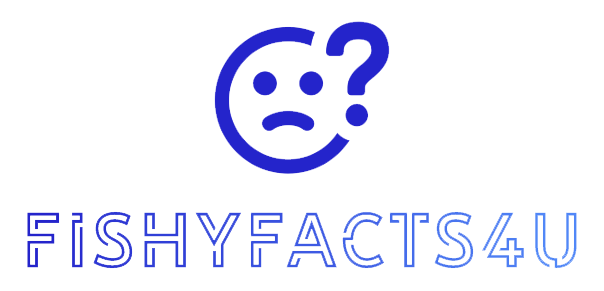An Ethical Web Scraping Guide: 8 Things You Need To Know In 2022

We will burst a bubble here for those who think web scraping is a technical term difficult to comprehend.
Although web scraping goes by the phrase ‘web scraping,’ it’s just the act of copying and pasting data from sources and using the collected information.
You can scrape a web by either content or HTML. The information can uncover a website’s ranking strategies or collect consumer behavior using a residential IP proxy and other tools.
When we use this information under a website’s Terms of Service (ToS), it’s legally allowed and termed ethical web scraping. Disregarding permission to get data is considered stealing and illegal.
The line between ethical and unethical web scraping can get blurry sometimes. So, we will talk about ten things you need to know about ethical web scraping in this post. It will help you stay clear.
Web Scraping: Legal or Illegal?
The United States of America, European regions, and China do not consider scraping illegal when you are scraping publicly available data.
Scraping a website or multiple websites and extracting the data that is publicly available for anyone to use is ethical. If you want to use private data, you must ask for permission or comply with a website’s Terms of Service. Since you are following the right pattern and working by the books of law, you are safe, and the practice is completely legal.
Public sources or social networks have flexible scraping rules but not all of them. Facebook, for instance, has a rigid scraping policy due to users’ private information and pictures. Scraping the web is illegal in cases where a user’s data is involved.
8 Things to Consider When Doing Ethical Web Scraping
Ethical web scraping is a good tool to gather information and helps businesses improve their services. The impact is not just restricted to companies. Sometimes the data can also be used for medical experiments and discoveries. It’s beneficial for the betterment of the public when done right.
But, before you start, please consider the given factors to avoid risks.
1. Terms of Service
One of the major factors to consider when getting started with ethical scraping is acknowledging a source’s terms. You can prepare yourself for what you can do to stay out of trouble. Every website has its Terms of Privacy to guide scrapers about data usage. In addition to these conditions, websites also have a robot.txt file that contains more information and hidden rules. You can dig and read before getting started.
2. Use of Residential IP Proxy
The sources on the web are vigilant, and they utilize IP blockers to protect their online data from unwanted and unauthorized access. Using a residential IP proxy provides a safe entry point in this case. It hides your IP address, so you don’t get stuck or blocked in the process. Residential proxies give you a new IP address for every round, making your traces harder to track. You can stay anonymous and do the job with minimal hurdles using proxies.
3. Scraping Measures
Once you have read the website’s rules, you must define the measures to land on your required information without wasting time. A website has tons of invaluable and valuable data. If you decide to scrape a web source ethically, you must sort through it and only take out what you need. This process is not only time-intensive but also effort-intensive. Hence, it will help if you use tools to define your requirements and customize your choices.
4. Value Data
The data you obtain through web scraping is valuable, so it’s important not to misuse it. You can rearrange, recreate, or rephrase the information in a creative way and put it to use but not use the exact data because it will cause trouble for the host website. Selling the given data or misusing it is unethical, and you must avoid going down that road. One way to handle data with manners is to either discard it or return it to the website.
5. Scraping Tools
You can perform ethical web scraping without external help. But, we still suggest robust web scraping tools that may help you. They are smarter and quicker than manual resources. Some of the tools can scrape a couple of web pages within a few seconds. It’s insane but productive when you are on budget and short on time. Scraping tools are free, but premium ones are safer and more proficient.
6. Server Health
Considering server health is crucial before web scraping. Since you will be contacting the website through your server, you must ensure you are not generating a lot of requests to get access. The host website can get alarmed and ban you. The server should have enough IPs; you’ll be denied access if not. So, be patient and wait for the entry pass allocated by the server instead of breaking the door.
7. Website APIs
If you are unsure and unable to get your hands on robot.txt or privacy terms of a website, you can look for its API. Websites introduce and maintain these APIs for developers to use in time of need and get the information they want. These APIs are also ethical because the source gives the data, allowing it to be used anywhere.
8. Ask Permission
Some sources or sites have their audience’s personal information, which can be lost due to web scraping. So, even if the data is available to the public and you find something that can be sensitive, immediately reach out to the host and ask for their permission to use the data.
These are some valuable pieces of advice for you to follow when you start web scraping.
Final Thoughts
Ethical web scraping is a healthy practice, and it helps improve society in one way or the other. It will be best if you stick to the rules when doing the job because one crack can cost a great deal of unrecoverable damage.
Wherever and whenever you do web scraping, remember to maintain ethics and only forward valid information to others.




